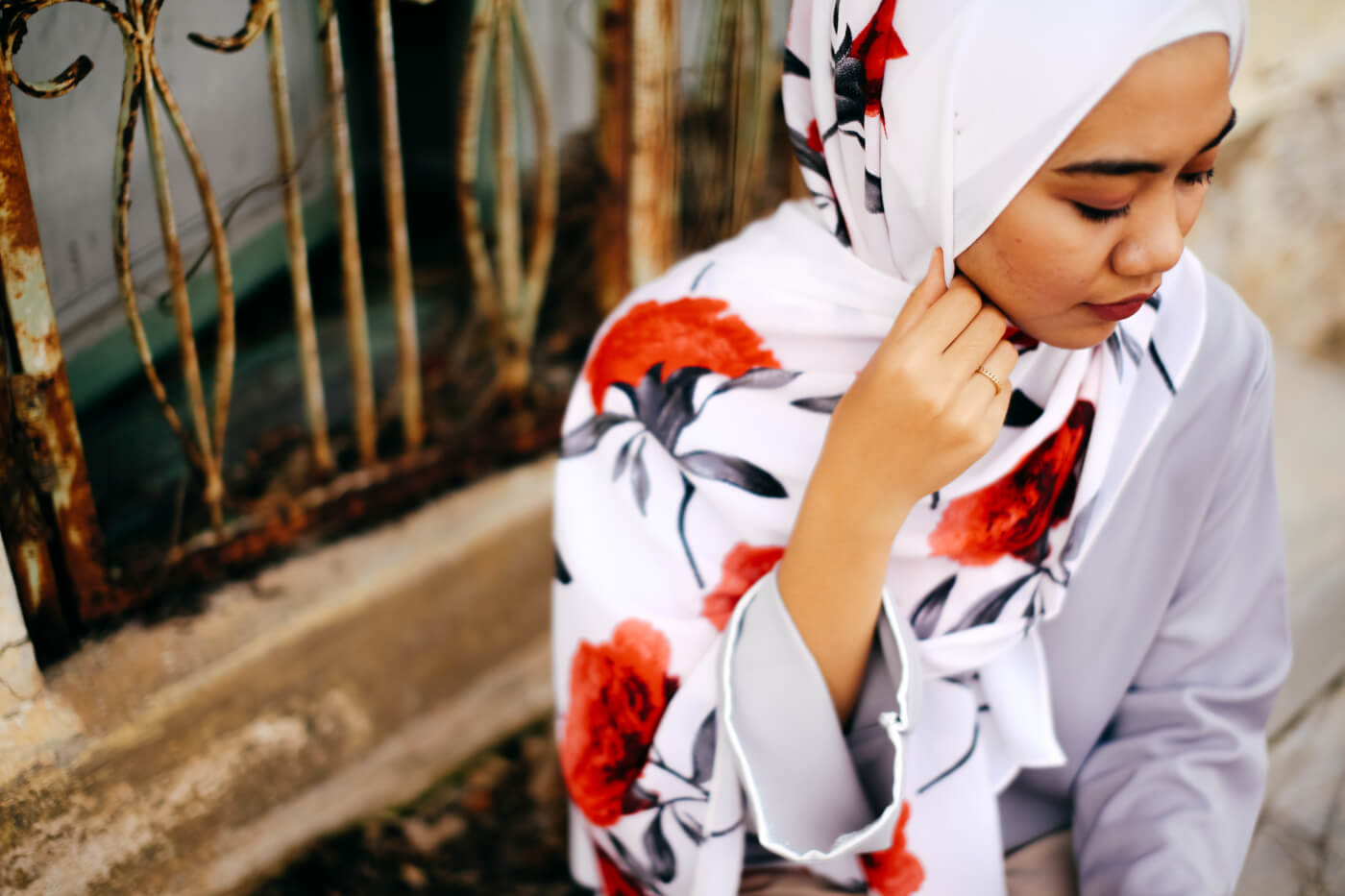Two lesbians were caned on Monday morning in Malaysia despite weeks of international outcry and calls for the punishment to be dropped.
The accused, aged 23 and 32, were flogged six times each with a rattan cane in the eastern coastal state of Terengganu. The women were seated on stools across from Islamic judges in the Shariah courtroom while an audience of 100 people witnessed the punishment.
Abdul Rahim Sinwan, deputy president of Malaysia’s Muslim Lawyers Association, claimed the pair did not cry as the punishment was handed out.
In an interview with the Associated Press, Abdul clarified the caning wasn’t intended to be painful or brutish. Instead, he stated that the punishment — which was handed down by two female officers — was intended as an act of contrition. On that account, Abdul considered Monday’s proceedings a success.
“Repentance is the ultimate aim for their sin,” he said, further noting the couple “showed remorse” during the sentencing.
Others claimed the whipping was intended to “serve as a lesson to society.”
Advocates, however, rejected the characterization of caning as a humane response to the tension between conservative Islamism and the LGBTQ community in the majority Muslim country of 31 million.
Justice for Sisters, a local trans rights organization, called public whipping the “most degrading and cruel form of public sentencing in Malaysia’s history.”
“This case demonstrates multiple failures in the justice system, the complicity and intention by the state to target and persecute already marginalised members of the community,” the organization claimed in a statement authored with multiple LGBTQ groups, “and to create conditions for public acceptance of violent and humiliating treatment cloaked in the ironic language of ‘kindness’ and ‘compassion.’”
“It sets a dangerous precedent for the increased policing of morality and sexual identities in Malaysia,” it added.
LGBTQ advocates further disputed claims the caning was harmless. Thilaga Suliatreh, co-founder of Justice for Sisters, was present at the event. She claimed one of the women was caned much more forcefully than the other — creating a vast discrepancy in how the punishment was carried out.
Officials noted the differences in severity but alleged any criticism falls under the jurisdiction of the Prison Department.
“This raises serious concerns regarding the uneven and unacceptable standards for accountability in the execution of justice under the Shariah legal system and the legal justice systems in this country,” advocates concluded in the statement.
While remarks made by Malaysian officials suggest the two women were able to enter and exit the area peacefully, LGBTQ rights campaigners insist this was not the case. The couple was “hounded by the media the moment they arrived at the Terengganu Shariah High Court,” Justice for Sisters claimed.
Governmental authorities further encouraged opponents of LGBTQ rights to show up to the court as an act of solidarity.
“The lead up to, and unfolding of this event, signal an alarming increase in the targeting of marginalised individuals,” local advocates claimed. “It also signals the state’s complicity in inciting public participation in violence, and the normalizing of violence as a form of education.”
International human rights groups joined local LGBTQ activists in censuring the caning. Rachel Chhoa-Howard, Malaysia researcher for Amnesty International, called Monday a “terrible day for LGBTQ rights.”
“To inflict this brutal punishment on two people for attempting to engage in consensual, same-sex relations is an atrocious setback in the government’s efforts to improve its human rights record,” Howard said in a statement. “The caning of the two women is a dreadful reminder of the depth of discrimination and criminalization that LGBTQ people face in the country.”
“People should not live in fear because of who they are and who they love — the Malaysian authorities must immediately repeal repressive laws, outlaw torturous punishments, and ratify the U.N. Convention against Torture,” she added.
The Women’s Aid Organization, a gender equality advocacy group, claimed it’s “outraged and appalled” by the punishment.
“Sexual acts between two consenting adults should not be criminalised, let alone punished with whipping, which is inhumane and degrading,” the Malaysia-based organization claimed in a statement.
The use of caning as a form of corporal punishment in Malaysia has become more common in recent years, even despite calls to discontinue the practice.
Last year two gay men were sentenced to 83 lashes in the semi-independent province of Aceh — which governs solely by Shariah law, unlike other Malaysian states — after they were allegedly discovered together by a vigilante mob. The crowd gathered to witness the caning reportedly chanted to beat the couple harder.
In addition to the caning, the lesbian couple will also face a fine of $800. They were arrested in April after being discovered “attempting to have sex” in a public square.
Although local advocates hoped May’s elections would bring a wave of progressive changes to Malaysia, authorities have signaled their intention to continue public floggings as the government cracks down on equality.
In August, portraits of LGBTQ activists were removed from an art exhibition on Penang Island. The same month 20 men were reportedly arrested following a raid on a gay bar in the Malaysia capital of Kuala Lumpur and a transgender woman was beaten by a mob in Seremban.
Image via Getty
Help make sure LGBTQ+ stories are being told...
We can't rely on mainstream media to tell our stories. That's why we don't lock our articles behind a paywall. Will you support our mission with a contribution today?
Cancel anytime · Proudly LGBTQ+ owned and operated
Read More in Impact
The Latest on INTO
Subscribe to get a twice-weekly dose of queer news, updates, and insights from the INTO team.
in Your Inbox
















